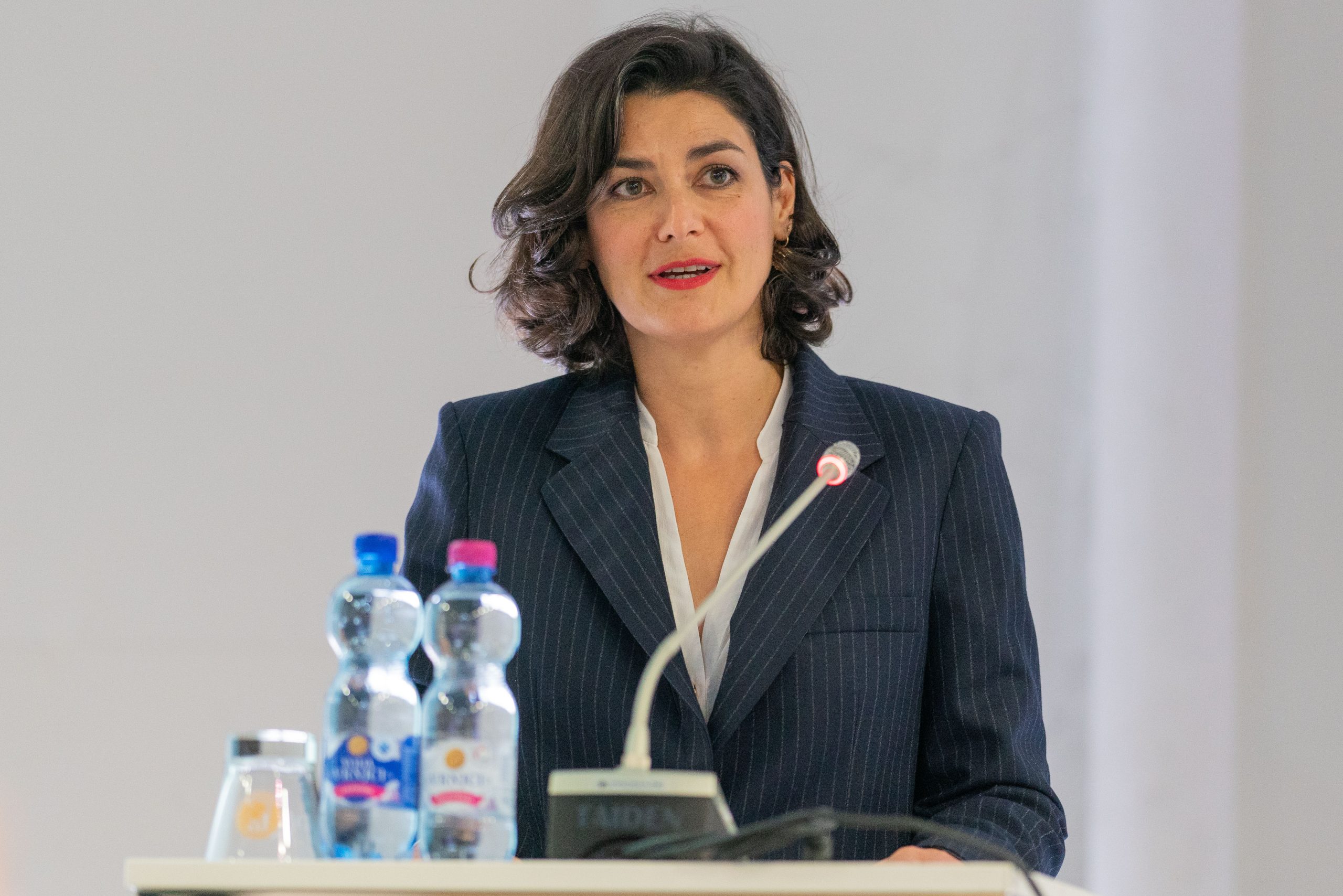The new prosecutorial laws bring more freedom but also responsibility in decision-making for prosecutors at all levels and continue the process of decentralization of the power of the top of the public prosecution, it was announced at the annual conference of the Association of Public Prosecutors and Deputy Public Prosecutors of Serbia.
The conference entitled "What can we expect from the new prosecution laws?" was also attended by the deputy head of the EU Delegation in Serbia, Plamena Halačeva.
"Increasing the autonomy of prosecutors and greater powers of the High Council of Prosecutors are an important step not only as an adequate response against crime but also for a more effective fight against organized crime and corruption, which is the overriding interest of the citizens of Serbia," said Halačeva.

The working versions of the Law on Public Prosecution and the Law on the High Council of Prosecution were discussed at the conference. These two laws were drafted by the Ministry of Justice's working group and followed by public debate. Now, the proposals are awaiting the opinion of the Venice Commission. Representatives of the Association of Public Prosecutors of Serbia participated in the development of the working versions.
"The new prosecutorial laws bring essential, not just cosmetic, changes in the functioning of the public prosecutor's organization, and one of the most important is the reduction of the powers of the current Republic Public Prosecutor, which will lead to the softening of the existing pyramidal system of hierarchy in the prosecutor's office. Such systemic solutions bring significantly wider personal autonomy to all prosecutors, and whether we, as acting prosecutors, will use that freedom in practice depends on our personal and professional integrity," said Lidija Komlen Nikolić, president of the UTS Presidency, opening the conference.
She added that the changes brought about by both laws are met with strong resistance from the conservative part of the public prosecutor's organization, which is obviously not ready to give up the influence and power that the current system enables.
Maja Popović, Minister of Justice in the Government of the Republic of Serbia, assessed that the new prosecutorial laws are a "tectonic change in the judiciary" and that she is extremely satisfied that the Venice Commission assessed that the way these drafts were adopted was transparent and inclusive. Jan Bratu, OSCE ambassador and Tobias Flesenkemper, head of the Council of Europe Mission in Belgrade, agreed with her assessment of the tectonic changes in the judiciary.
"Prosecutors must be independent in their work, ready to defend the rule of law and provide citizens with the conditions for a fair trial." The perception that citizens have about the prosecution is not satisfactory, and we must all work together to improve it," said Ambassador Bratu.
Tobias Felsenkemper announced that representatives of the Venice Commission will be in Serbia from November 23 to 25 and that discussions will continue on these laws, which, he added, should be adopted by February next year.
UTS is satisfied with the number and quality of proposals that, on their behalf, entered the drafts of these two laws, however, during the discussion on the panels, they also pointed out their proposals that were not accepted.